It seems the media chooses a food group each week to target as the source of all of our health problems.
As such, it is very stressful to know what advice to listen to. That is why we try to sort through all the “fluff” to find the studies and share them with you.
One area of our diets that often comes under fire is our sugar intake.
Is a diet high in sugar actually dangerous, and just how is it affecting our running?
We thought we would take a further look to see if sugar is messing up your training…..
Just How Bad is Sugar for Us?
In one of last articles, we took a look at the research and came to the unfortunate conclusion that we do not get to eat whatever we want as a runner.
The “If the furnace is hot enough” argument has truly been put to bed. Damn.
Today, we’ll be looking more closely at the role of sugar in particular as a source of calories in your diet.
Is sugar bad for your health? And does distance running, which burns huge amounts of sugar, give you (a little) more leeway with regards to how much sugar is okay to eat?
Just empty calories? Or Dangerous for our long term health?
For a long time, sugary snacks and drinks were derided by nutritionists as “empty calories”—not necessarily bad, per se, but inferior to healthy options like fruits, vegetables, and whole grains because they lacked the nutrients of real food.
Recently though, a raft of research has surfaced that demonstrates that sugar itself does have a negative impact on your health.
One such study is a 2002 review article published by researchers at the University of California-Davis.1
In this paper, the authors cite dozens of experiments showing that sugar consumption, and fructose consumption in particular, is associated with weight gain and metabolic abnormalities associated with type 2 diabetes.
An earlier review from 1990 points out that fructose consumption—which is the main constituent of the sweetener high fructose corn syrup—is associated with high blood pressure, increased levels of triglycerides in the blood, and other risk factors for cardiovascular disease.2
It get’s worse:
Fructose is not alone among simple carbohydrates when it comes to negative health effects.
A team of researchers in Germany published a study in 2013 that found that diets with a high glycemic index—comprised of rapidly-absorbed carbs like white rice, table sugar, and refined flour, have similar negative effects, causing an increase in risk factors for heart disease and type 2 diabetes.3
What about fruits and vegetables?
Oddly, though typical sugary foods have well-documented negative health effects, fruits and berries appear to be quite healthy, despite their sugar content.
A 2013 study by researchers at the University of Eastern Finland followed over 2,300 Finnish men over a period of nearly twenty years and tracked how many of these men developed type 2 diabetes.4 This information was cross-referenced with data on the men’s dietary habits.
The researchers found that fruits, vegetables, and especially berries, though often rich in fructose, actually had a preventative effect—men who ate lots of fruits and vegetables were less likely to get type 2 diabetes.
[bctt tweet=”Sugar is given a bad rap. @Runners_Connect explains how bad it REALLY is for runners #runchat” via=”no”]
Does Running Use Up Some of the Sugar?
It’s pretty clear that eating foods with lots of added sugar is unhealthy for the general population, but does endurance exercise confer any protective effects?
The evidence so far is murky. A PhD thesis by Amy Bidwell at Syracuse University tested the protective effects of exercise on twenty-two subjects over the course of two 2-week test periods.5
In one test period, the subjects ate a fructose-heavy diet while staying sedentary, while in the other, they ate the same sugary diet but stayed physically active, taking over 12,500 steps per day. After each test period, the subjects’ blood was checked for a number of markers associated with inflammation and fat metabolism.
The results from Bidwell’s study were promising for sweet-toothed runners.
A sedentary lifestyle, eating lots of sugary foods caused low-grade inflammation and “postprandial lipidemia,” a medical term for increased circulation of fat in your blood following a meal.
Neither of these are good things! But when the subjects stayed active while eating the fructose-heavy diet, these negative effects disappeared.
Phew!
[bctt tweet=”Yes! Running does protect us (somewhat) from negative side effects of sugar!”]
Does that mean runners can eat as much sugar as they want?
Not exactly.
Bridwell’s study was quite small, and the interventions only lasted two weeks. It’s unclear whether exercise confers the same protective benefit in the long-term, or whether there are benefits of exercise that are counteracted by a sugary diet.
Research on rats, for example, has found that a high-fructose diet decreases the expression of certain metabolic genes that are usually activated in response to exercise.6
A similar interaction might occur in humans, too.
What Does this Mean for Runners and Sugar Intake?
Certainly, more research is needed, but a few things are clear.
First, for sedentary people (and probably for runners on their off-days), eating foods with lots of added sugar is a bad idea.
This means typical junk foods like candy and deserts, but also sports drinks and juice blends. Whole fruits and vegetables get a pass—for unknown reasons, they don’t appear to have the same negative effects as added sugar.
Additionally, exercise appears to offer at least some protective effects, though to what extent is unclear.
Finally, for performance, sugar still reigns supreme—the very things that make glucose and fructose bad for your overall health (rapid absorption, a spike in blood sugar levels) are great when you’re halfway through a marathon.
Since it’s easy to plan out a healthy diet that doesn’t include excess sugar (especially in the form of fructose), distance runners should probably err on the side of eating a lot less added sugar and a lot more fruits and vegetables until there’s more research on whether endurance exercise protects you from the negative health effects of sugar.
[bctt tweet=”Interesting read on how sugar affects runners and non-runners differently”]
What healthier sweet foods can I eat instead?
If you want to really commit to your training in every way, your diet must be taken into account. When we have a big race coming up, often we want to put the best foods into our body that we can, to make sure we give ourselves the best chance of success.
We already gave you an entire page devoted to nutrition for runners, and we do not want to repeat ourselves, but what can we recommend based off the findings we talked about in this article?
If you do have a sweet tooth, or even just a sweet craving, surely there are some foods and recipes that can satisfy without adding those empty calories?
We have already mentioned that fruits do not have the negative health effects that artificial sugars do, but here are some recipes from some of our blogger friends that you could give a try next time you are looking for something sweet:
Banana and Walnut Whole Wheat Muffins
Pumpkin Cranberry Dessert Hummus
Grain Free, Gluten Free, Vegan Double Chocolate Chip Cookies
Oatmeal Banana Pumpkin Cookies
Chocolate Peanut Butter Cup Ice Cream
Salted Caramel Snickerdoodle Protein Bite
Not sure we will miss the sugar with how delicious these healthier sweet treats are. Trick your sweet tooth by giving them a try, and let us know which one you like best!
[bctt tweet=”Finally! An article that explains the truth about sugar and runners (and gives 7 healthier desserts!)”]


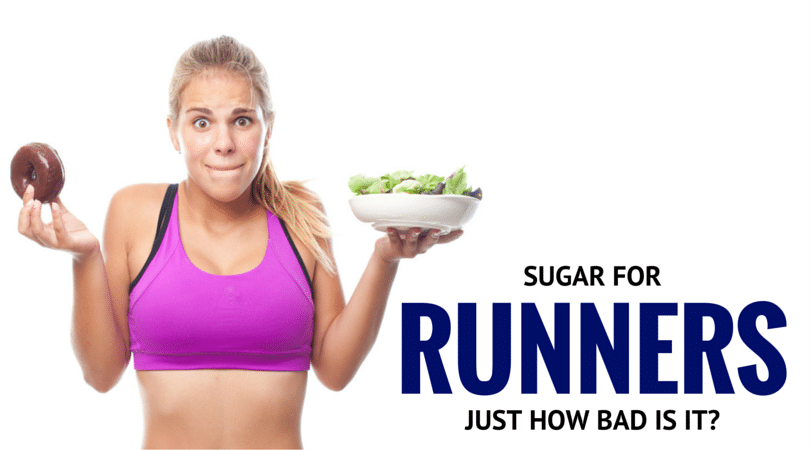
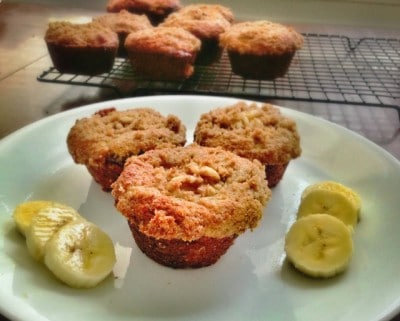
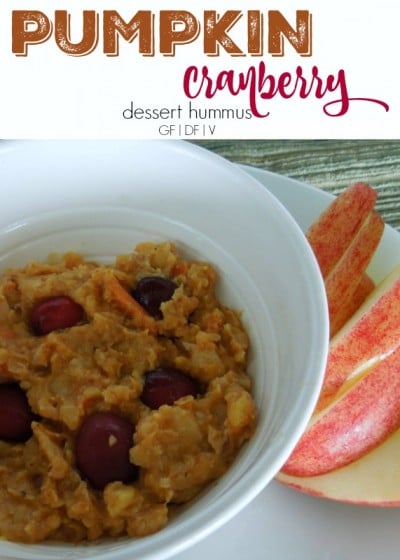
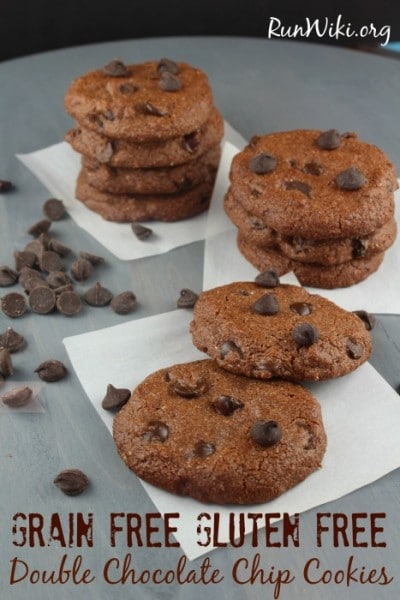
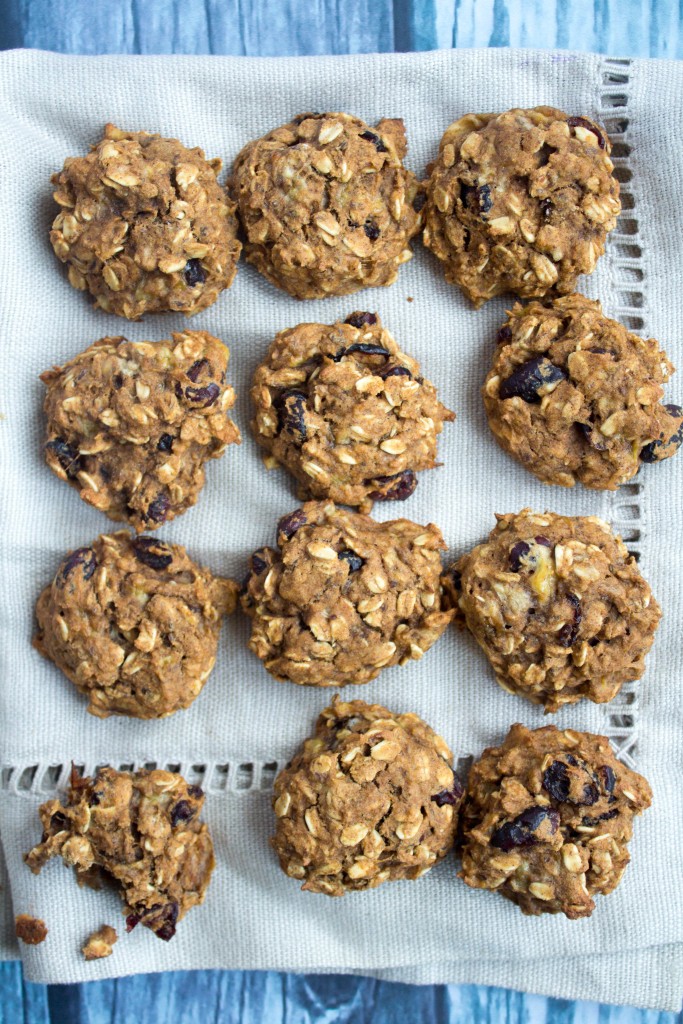
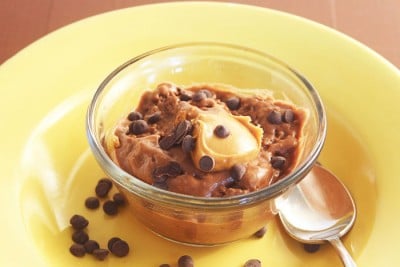
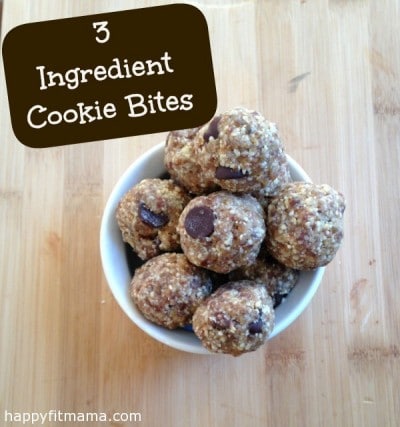
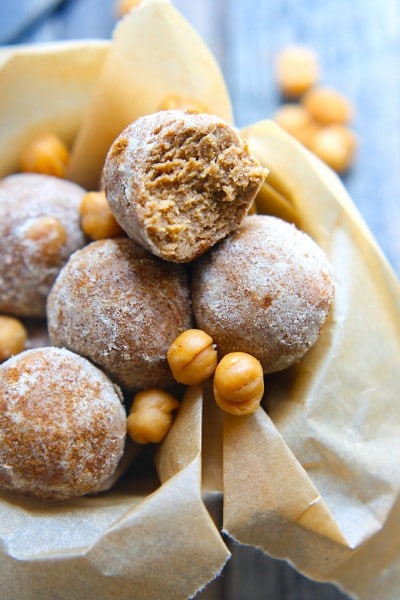







One Response
I’ve read that that if you generally eat low carb, you become better at using fat for fuel. If that’s true, do you benefit any more or less from ingesting carbs during a long run?